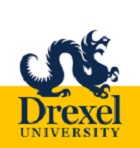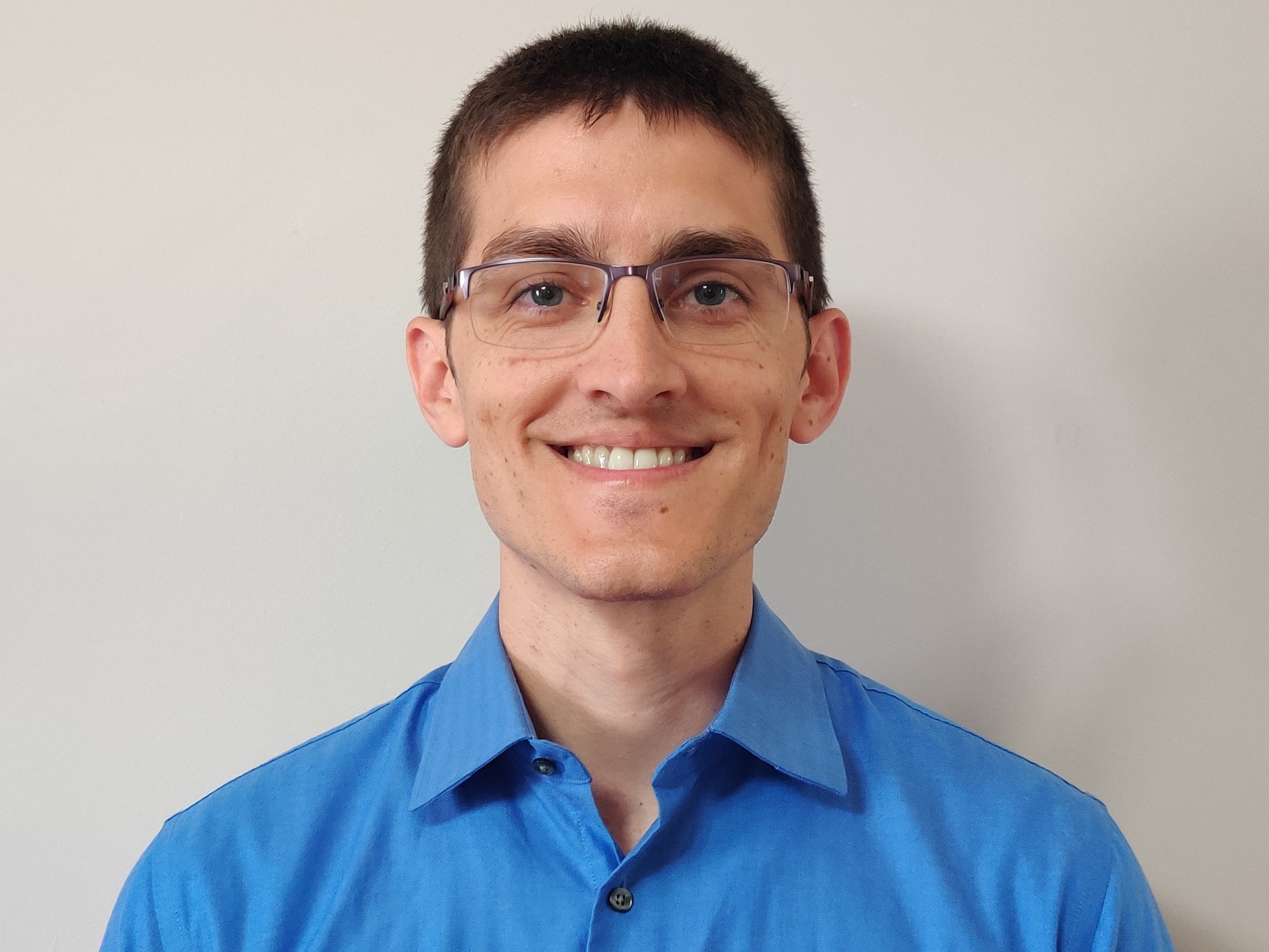Below is a summary of the abstract you submitted. Presenting author(s) is shown in bold.
If any changes need to be made, you can modify the abstract or change the authors.
You can also download a .docx version of this abstract.
If there are any problems, please email Dan at dar78@pitt.edu and he'll take care of them!
This abstract was last modified on March 17, 2021 at 2:07 p.m..

In response to the COVID19 pandemic, Drexel University decided the SEA-PHAGES course must run entirely virtually. In an effort to provide an authentic lab experience for students participating through Zoom, instructors wore body cameras and communicated with students live from the lab. Students were provided protocols and supporting materials prior to each class, and were given assignments to prepare them to direct instructor’s actions in lab each day. While the instructors were the “hands” in the lab, students were expected to be the “brains,” and were required to make all decisions and guide instructors through each experimental step. While instructors answered questions, explained difficult concepts, and challenged students’ justifications for their decisions, they did not correct “erroneous” decisions made by the students, allowing for learning opportunities and troubleshooting activities when experiments were unsuccessful. This strategy was intended to better engage students participating remotely, and more faithfully replicate in-class lab experiences. Students were given frequent opportunities to interpret results in real time, using small group breakout rooms, after which the entire section discussed the issue as group, then the students made decisions regarding how to move forward with the experiment. Despite the virtual delivery of the lab, in our first term we isolated 2 bacteriophages per section. Students were allowed to propose and vote for the name of each phage isolated to take ownership for the phages we discovered together. Our phages were isolated using the host Microbacterium foliorum NRRL B-24224. In addition to isolating and characterizing phages, 4 other phages were adopted and annotated as part of the second term, which focused on Bioinformatics. Due to students expressing difficulty staying engaged with genome annotating in the remote environment, we designed an annotating competition between all three class sections of SEA-PHAGES which we called the “Phage Cup.” Students in all three sections annotated the same phage genome (StagePhright), with each section becoming a team competing for the Cup. Working in small groups, students annotated the genome, then met with other groups within their section to review improve, and finalize their section’s annotations. Each section was given the opportunity to review and critique another section’s work. A points system was assigned with deductions made due to errors within the annotations, but additional points also awarded for initiative, participation on the class discussion board and for activities promoting community and engagement within their section. At the end of term final point totals were tallied, and accomplishments were celebrated. Although students could not obtain a traditional SEA-PHAGE experience this year, we affirm our students have participated in all aspects of the program and have each made novel contributions to our understanding of bacteriophages.

